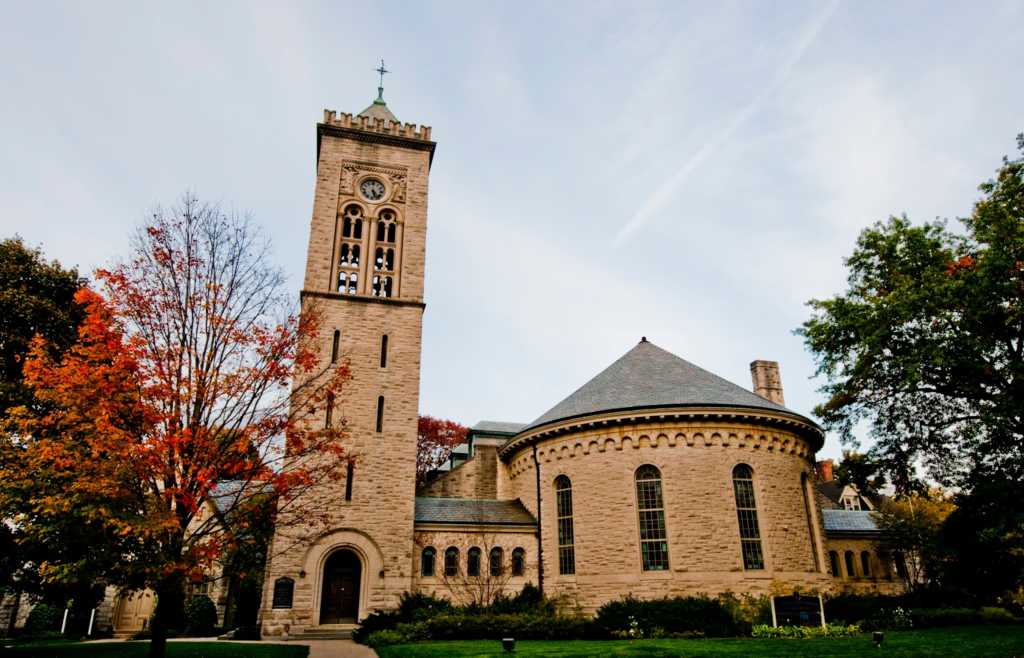I go to church every Sunday in a sanctuary that has been a gathering place for Christians for more than 100 years. With its towering brick facade on the corner of a busy downtown street, there’s no question my church is an inseparable part of my community’s history.
That reality is a microcosm for the United States, a country established and enhanced by the embrace of religious freedom and appreciation for moral uprightness. Faith — Christian values, in particular — has left an indelible mark on our society.
With that in mind, I have no doubt the New Jersey Supreme Court made the wrong decision last year, when its justices decided historic churches in the state are not eligible for preservation funds because they are religious in nature.
These institutions represent milestones in American history; they serve as way-finders for those seeking to understand how — and why — our culture values what it values: freedom, dignity, morality and common decency.
Though the U.S. Supreme Court has passed on hearing the New Jersey case for now, three of the high court’s justices — Brett Kavanaugh, Neil Gorsuch and Samuel Alito — expressed their concern over the lower court’s decision.
In his opinion, published Monday, Justice Kavanaugh argued the state court’s decision is “in serious tension” with the high court’s “religious equality precedents.”
“At some point,” he continued, “this court will need to decide whether governments that distribute historic preservation funds may deny funds to religious organizations simply because the organizations are religious.”
The background
All of this started when, from 2012 through 2015, Morris County used its taxpayer-funded historic preservation trust fund to give away more than $4.6 million to 12 churches, according to The New York Times.
In 2015, the Wisconsin-based Freedom From Religion Foundation (FFRF) filed a lawsuit against Morris County, arguing the grants were unconstitutional because citizens, through their tax dollars, cannot be “obliged” to pay for repairs to buildings used for religious purposes.
The FFRF cited the state Constitution, which declares:
Nor shall any person be obliged to pay tithes, taxes, or other rates for building or repairing any church or churches, place or places of worship, or for the maintenance of any minister or ministry, contrary to what he believes to be right or has deliberately and voluntarily engaged to perform.
The New Jersey Supreme Court took up the case, and in April 2018, ruled in favor of the FFRF, deciding the state’s Constitution prohibits tax money from going to historic churches, the oldest of which dates back to 1740.
In a statement issued Monday, FFRF Co-President Dan Barker described the U.S. Supreme Court’s decision to pass on the case as “a triumph for the rights of hard working New Jersey folks.”
Canadian Supreme Court Rules Parents Cannot Stop 14-Year-Old Trans Child From Injecting Hormones
“The Supreme Court made the right call in refusing to jettison the basic tenets of our Constitution,” Barker said.
Lawyers with Becket, the religious liberty law firm representing Morris County, argued the preservation is not about religion but about maintaining historic buildings for a secular purpose.
“Time does not discriminate,” Becket legal counsel Diana Verm said in a statement. “It takes its toll on all our historic structures, secular and religious alike. The county should not be forced to discriminate by favoring secular sites in its preservation efforts.”



